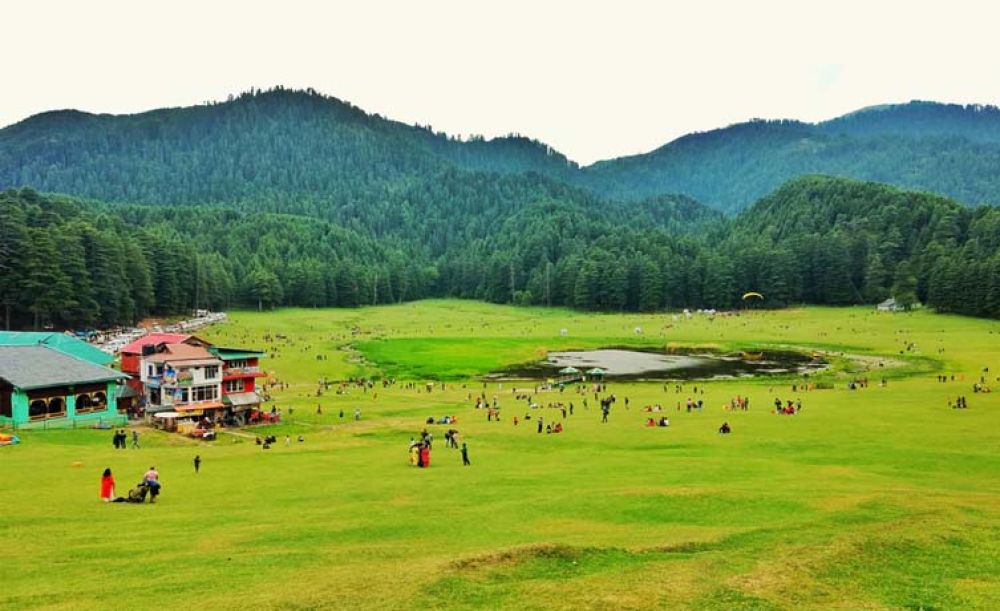

Dalhousie is a quaint hill station in Himachal Pradesh, renowned for its charming colonial architecture, panoramic views of the Dhauladhar mountain range, and its pleasant climate. The town was named after the British Governor-General of India, Lord Dalhousie, who established it as a summer retreat for troops and bureaucrats in 1854. The initial purpose was to give the British officials a respite from the harsh summers of the Indian plains.
With the British influence, Dalhousie was adorned with Victorian-style mansions, churches, and other buildings, many of which still stand today, serving as an embodiment of the town's historical legacy. After India's independence in 1947, Dalhousie saw a gradual transformation. It went from a summer haven for colonial officials to a popular tourist destination admired by domestic and international visitors.
As tourism grew, so did infrastructure development, with numerous hotels, resorts, and roads being constructed to accommodate the increasing influx of tourists. The serene environment and easy access to other tourist spots, such as Khajjiar and Chamba, further enhanced Dalhousie's appeal.
In recent years, the local government and private stakeholders have made significant efforts to promote Dalhousie as an eco-friendly tourist spot. Efforts have been made to maintain the natural beauty of the region while offering modern amenities to travelers.
Sustainable Tourism: With an increased global focus on sustainable travel practices, Dalhousie has seen a trend where hotels and tour operators are adopting eco-friendly measures. This includes the use of solar power, rainwater harvesting, and implementing waste management programs to ensure minimal ecological impact.
Adventure Tourism: Dalhousie is gaining popularity as a hub for adventure enthusiasts. Activities like trekking, river crossing, paragliding, and mountain biking attract a younger and more adventurous demographic.
Cultural Tourism: The town's proximity to ancient temples, tribal communities, and festivals has made it a center for those interested in experiencing the cultural heritage of the region.
Wellness Tourism: The tranquil environment and natural beauty of Dalhousie have made it a favored destination for wellness tourism. Many visitors come here to partake in yoga retreats and meditation sessions to rejuvenate their mind and body.
Digital Nomadism: With the rise of remote work, many digital nomads seek destinations that offer tranquility and inspiration. Dalhousie, with its improved connectivity and serene landscapes, has become a preferred location for long-stay tourists.
In conclusion, Dalhousie’s tourism history has evolved from being a colonial summer escape to becoming a multifaceted destination offering a blend of natural beauty, adventure, and cultural experiences. As the trend continues, Dalhousie is expected to grow as a sustainable, eco-friendly destination for travelers seeking peace and adventure alike.